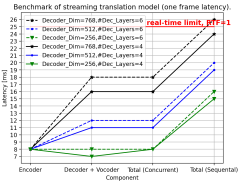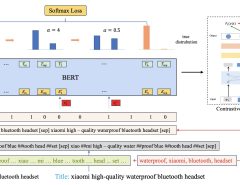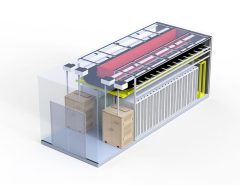Authors: Elena Doering, Merle C. Hönig, Tobias Deußer, Gerard N. Bischof, Thilo van Eimeren, Alexander Drzezga, Lotta M. Ellingsen
Published on: February 06, 2024
Impact Score: 8.05
Arxiv code: Arxiv:2402.04299
Summary
- What is new: A predictive image-to-image translation model that forecasts future brain scans, using early data to predict Alzheimer’s disease progression.
- Why this is important: Limitations in using repeated brain scans for Alzheimer’s diagnosis due to radiation, cost, and patient burden.
- What the research proposes: Development of a model that uses convolutional neural network architecture with long-short term memory to predict future brain metabolism from initial scans.
- Results: High accuracy in predicting future brain scans up to seven years post-baseline, particularly for individuals with mild cognitive impairment.
Technical Details
Technological frameworks used: Convolutional Neural Network (CNN) with Long-Short Term Memory (LSTM)
Models used: Predictive Image-to-Image Translation (I2I)
Data used: [$^{18}$F]-FDG PET data from 161 individuals
Potential Impact
Medical imaging, Alzheimer’s disease diagnostics, healthcare providers, and companies developing treatments for cognitive impairments.
Want to implement this idea in a business?
We have generated a startup concept here: NeuroForecast AI.
![Alzheimer's disease (AD) is a progressive neurodegenerative disorder leading to cognitive decline. [$^{18}$F]-Fluorodeoxygluc](https://hiidden.app/wp-content/uploads/2024/02/image_page5_1-10-770x360.png)



Leave a Reply